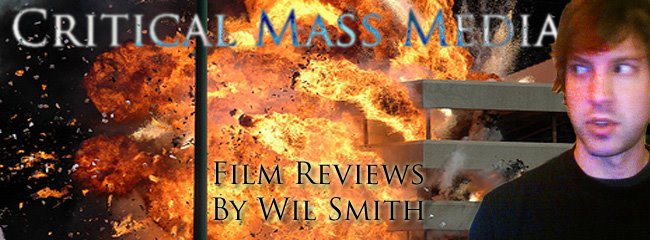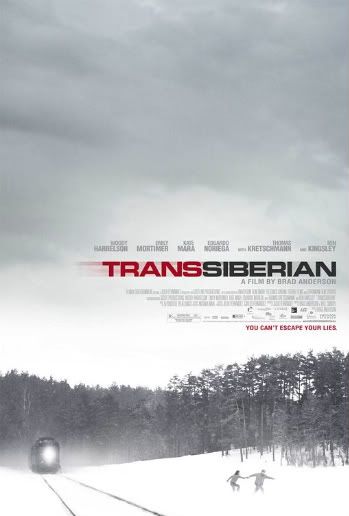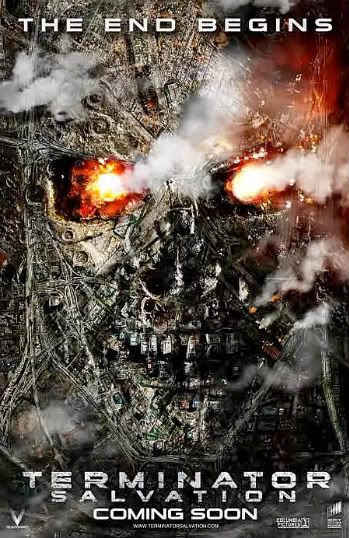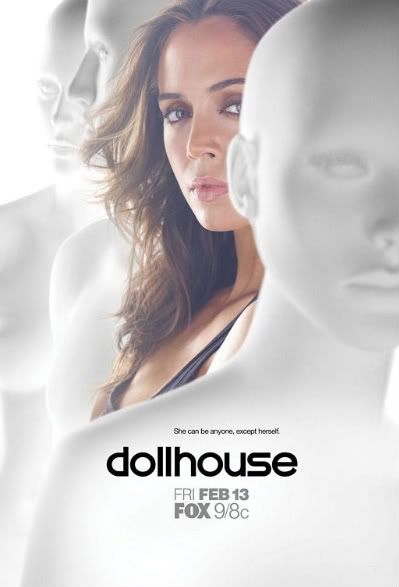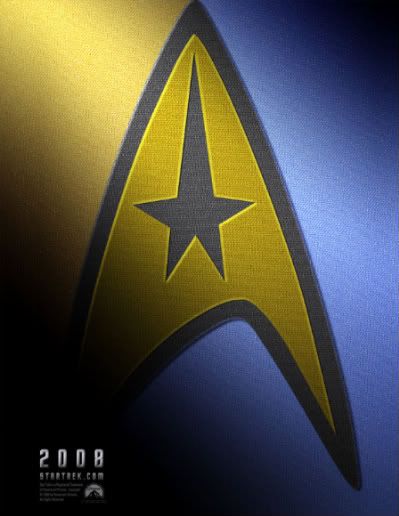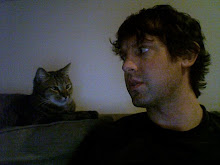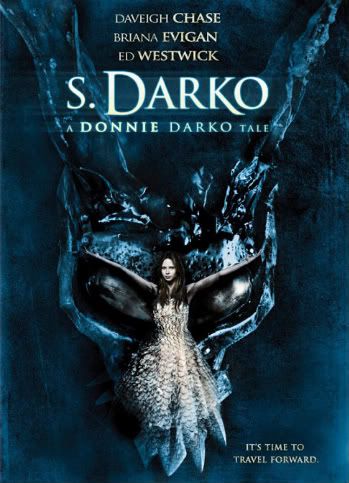
A shiver went down my spine when I first heard the news. Donnie Darko, the long standing cult classic from (at the time) first time director Richard Kelly was getting a sequel. Without Kelly's say so, blessing or even remote involvement. They say lightning doesn't strike twice, but the executives over at FOX don't believe that, so they took it upon themselves to MAKE lightning strike twice. The result is a Frankenstein monster of tragically banal proportions. The idea in itself to try to capitalize on the initially ill received cult classic is insulting enough, but to attempt such a feat with only one member of the original production (and a markedly minor character at that) is a recipe for disaster. As you would imagine, S. Darko is a complete and utter failure as both a film and a follow up.
Yielding lackluster reviews at Sundance and an even less impressive limited theatrical run, Donnie Darko, the brainchild of directorial newcomer Richard Kelly, found its audience quickly on DVD. A hardcore fanbase was built in the years following its release in 2001 and Kelly went on to other projects (namely the script for the flashy actioneer Domino and the critically reviled Southland Tales.)
Since the rights to Darko belonged solely to FOX, the sequel was greenlit from right under Kelly and he adamantly proclaimed to have no involvement in any aspect of it's production. Chris Fisher wound up directing the script by Nathan Atkins, both of whom have a relatively small and unimpressive catalog of previous work. The only returning character is Samantha Darko (hence the title, played unimpressively by original actress Daveigh Chase) whose role in the original was so slight you have to wonder what kind of premise could've been fashioned from following up with her character six years later. Samantha and her friend Corey are on a road trip from Virginia to California for a reason that is never really explained. Their car breaks down and they are taxied to a small unassuming town in the middle of the desert to get it fixed. What follows is a barrage of shamelessly heisted images and scenes from the first film, redistributed into the new setting to make what barely passes for watchable. None of what happens ever remotely makes any sense. Each character is a haphazard clone of an archetype from the previous installment and carries neither weight or significance.
The reason why Donnie Darko worked the way it did is because, for starters, it was an original concept and a relatively new approach to untapped ideas (tangent universes, time-travel, mental instability and ghostly intervention.) Also, each piece of the puzzle that unravels is specifically placed to create the larger narrative, connecting the story together. S. Darko seems to have been laid out on an almost identical structure with each new piece and character plugged in with the hopes that it will cohere into some kind of relatable story, which ultimately never happens. While the characters in DD had an instictive suspicion that something terribly wrong was happening, the characters in SD are given one line of dialog to create a miniscule and uninteresting back story and then are left alone for the remainder of the film. Possibly the worst scene translation from the original is the awakening realization sequence. In DD, each of the characters we've followed in the month-long journey to the course correction of the Darko timeline has some sort of spiritual or moral subconscious reaction. This would lead you to believe that what happens after the credits roll will be significantly different than the events that took place. By the end of SD, none of the characters are any better off or more informed than they were when the whole incident started. Not to mention the doomsday countdown in SD is significantly shorter (4 days, instead of an entire month) leaving very little time for our heroine (?) to come to terms with the sacrifice she may have to make.
S. Darko is utterly forgetable and inherently avoidable. There is literally no reason to watch it if you've seen Donnie Darko and if you haven't, S. Darko is not the place to start. New audience or not, some movies just don't need a sequel.

